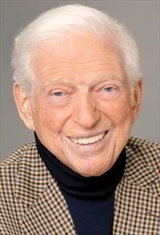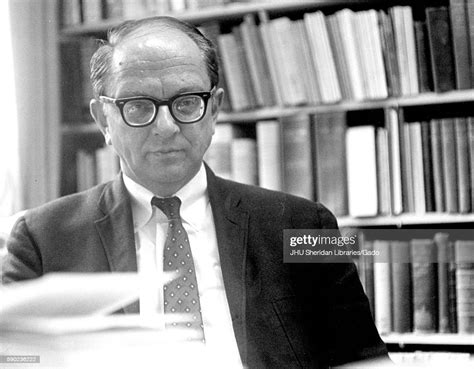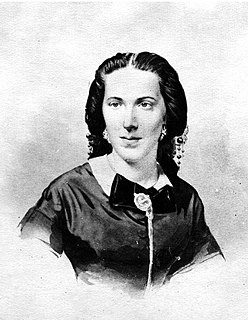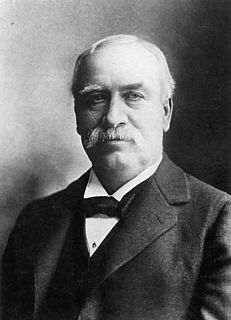A Quote by Gerald R. Ford
I'm a Ford, not a Lincoln. My addresses will never be as eloquent as Mr. Lincoln's. But I will do my very best to equal his brevity and his plain speaking.
Related Quotes
Abraham Lincoln was asked by an aide about the church service he had attended. Lincoln responded that the minister was inspired, interesting, well-prepared, eloquent and the topic relevant. The aide said, “Then it was a good service?” Lincoln responded, “No.” The aide protested, “But, Mr. President, you said that the minister was inspired, interesting, well-prepared, eloquent, and that the topic was relevant.” “Yes,” replied Lincoln, “but he didn’t challenge us to do any great thing.
Until the early 90s, when I was working on a project about the idea of free will in American philosophy. I knew that Lincoln had had something to say about "necessity" and "fatalism," and so I began writing him into the book. In fact, Lincoln took over. I wrote instead 'Abraham Lincoln: Redeemer President,' in 1999, and I've splitting rails with Mr. Lincoln ever since. If there's a twelve-step process for this somewhere, I haven't found it yet.
Remember that Abraham Lincoln was a Whig far longer than he was a Republican. As a whole, the Whigs looked upon banks and corporations as a more efficient means of development; the Jacksonian Democrats thought they were the tools of the devil, but Whigs like Lincoln disagreed. During his presidency, Lincoln favored the re-construction of a national financial system, and his most important 'internal improvement' project was the Pacific railroad.
You pick up very well-known books on Lincoln [and] you will find almost no reference to his long-term belief in colonization. Why? Because it doesn't fit the image of the Great Emancipator. It doesn't fit the retrospective view we want to have of Lincoln as the man who was the moralist in politics, who came into office committed to ending slavery and waited to sign this document.
Viewing the man from the genuine abolitionist ground, Mr. Lincoln seemed cold, tardy, weak and unequal to the task. But, viewing him from the sentiments of his people, which as a statesman he was bound to respect, then his actions were swift, bold, radical and decisive. Taking the man in the whole, balancing the tremendous magnitude of the situation, and the necessary means to ends, Infinite Wisdom has rarely sent a man into the world more perfectly suited to his mission than Abraham Lincoln.
The spiritual kinship between Lincoln and Whitman was founded upon their Americanism, their essential Westernism. Whitman had grown up without much formal education; Lincoln had scarcely any education. One had become the notable poet of the day; one the orator of the Gettsyburg Address. It was inevitable that Whitman as a poet should turn with a feeling of kinship to Lincoln, and even without any association or contact feel that Lincoln was his.






























